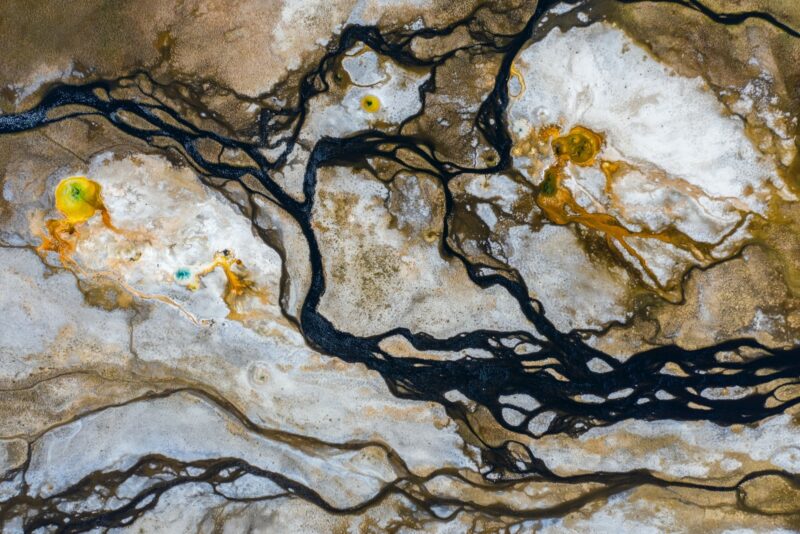Media coverage
Share


Carbon Pulse
The impending overshoot of the Paris Agreement's 1.5°C limit will raise the temperature and political pressure at COP talks in the future, and shift the debate from hot air to action, Climate Analytics CEO Bill Hare tells Carbon Pulse.

Inside Climate News
“Two years ago, governments promised to triple renewable energy, double efficiency and act on methane.” Bill Hare, said. “Our results show if they achieved this by 2035 it would be a game-changer, quickly slowing the rate of warming in the next decade and lowering global warming this century from 2.6 degrees to about 1.7 degrees.

The Guardian
Bill Hare, has estimated that the Valhalla project, a controversial fracking proposal in Western Australia’s Kimberley region, “if developed as planned, would add 1.8–2.6% to Australia’s [greenhouse gas] emissions”.

CBC
“We are in the hottest decade at the moment,” said Fahad Saeed. He adds that just because 2025 didn’t take the top spot, it doesn’t mean regional records weren’t broken.

The Guardian
“The 1.5°C limit [for rising global temperatures] and the net zero goal have reshaped policy, finance, litigation and sectoral rules, helping to rewire how states, markets and institutions work,” Bill Hare told The Guardian.

Climate Home News
The projected global temperature increase by the end of the century has fallen by at least 1°C in the decade since the landmark agreement was struck. “That means Paris has already reduced future risks for people and ecosystems: fewer extreme heat events, lower sea-level rise, and less pressure on vulnerable communities than in a 3–4C world,” said Bill Hare.

Climate Home News
“Instead of messing with the science,Türkiye needs to focus on strengthening its climate policies and implementation so it can be a forward-looking host of COP31, helping the world deal with the climate crisis that everyone else seems to recognise,” Bill Hare told Climate Home News.

Afrique Environment Plus
The Republic of Congo officially launched the validation workshop for its third Nationally Determined Contribution (NDC3.0) on December 4, 2025 in Brazzaville, the process of which was managed by Climate Analytics Africa.

AP News
Southeast Asia is at a crossroads for climate action, said Climate Policy Analyst Thomas Houlie. The region is expanding use of renewable energy but still reliant on fossil fuels. “What we’re seeing in the region is dramatic and it’s unfortunately a stark reminder of the consequences of the climate crisis,” Houlie said.
